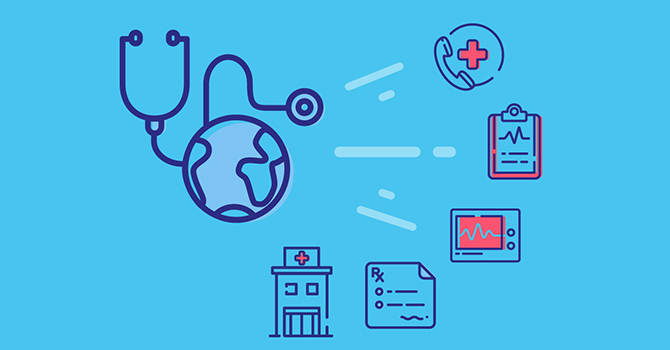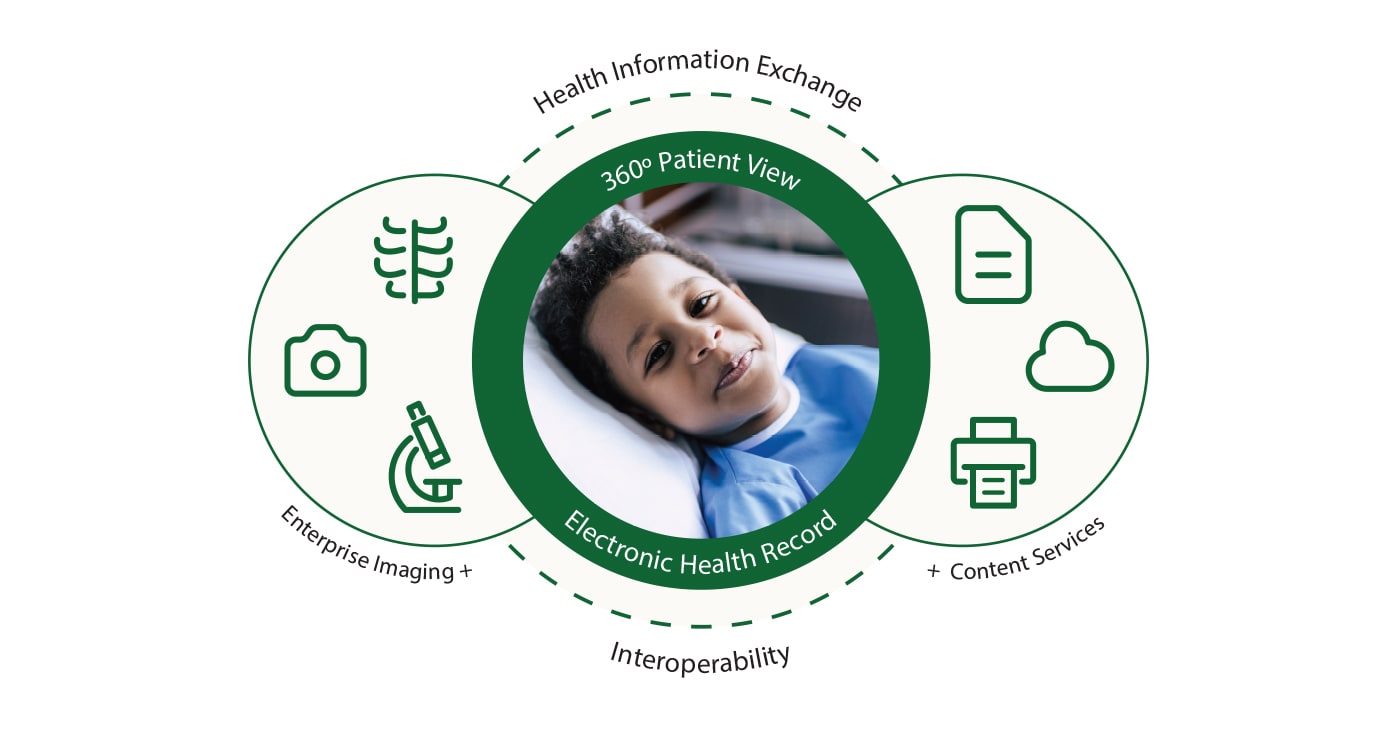Comprehending the Function of Healthcare RCM in Enhancing Financial Performance and Client Complete Satisfaction
Navigating the complexities of Health care Income Cycle Monitoring (RCM) is important for achieving ideal economic performance while all at once raising person satisfaction. As we explore the transformative potential of RCM, concerns about its critical implementation and future improvements beckon, appealing understandings that might redefine market criteria and individual experiences alike.

Trick Parts of RCM
In the facility landscape of healthcare, Revenue Cycle Monitoring (RCM) is essential in making certain economic security and operational effectiveness. Individual registration and qualification verification are fundamental actions, guaranteeing that exact individual information is recorded and insurance protection is validated before solutions are made.

Charge capture is another crucial component, including the precise recording of services supplied to patients. It makes sure that all billable solutions are made up, therefore making the most of earnings possibility. Concurrently, medical coding translates patient experiences into standardized codes, which are crucial for invoicing and governing compliance.
Cases entry and administration adhere to, entailing the preparation and submission of claims to payers. This procedure needs thorough focus to detail to lessen errors and protect against hold-ups. Denial monitoring is an aggressive technique to deal with and resolve rejected insurance claims, safeguarding revenue streams.
Finally, repayment posting and individual collections finish the cycle, ensuring settlements are precisely tape-recorded and outstanding equilibriums are pursued. Together, these components form a robust framework that sustains the economic and operational wellness of health care companies.
Influence on Financial Efficiency
Effective Income Cycle Monitoring (RCM) significantly affects a medical care company's economic efficiency by enhancing capital and lowering income leakage. RCM incorporates the comprehensive payment and collection procedures that make certain doctor effectively handle their monetary deals from client registration to final settlement. By streamlining these processes, organizations can decrease denied claims, accelerate payment cycles, and enhance total economic health.
Economic efficiency is enhanced through precise administration of invoicing procedures, which entails accurate coding and timely entry of cases. This reduces the chance of case denials and rejections, which can considerably hinder earnings circulation if not dealt with immediately. In addition, incorporating innovative technology solutions promotes real-time tracking of insurance claims and financial metrics, giving health care managers with the devices essential to make enlightened strategic choices.

Enhancing Client Fulfillment
While optimizing financial performance is a crucial goal of Earnings Cycle Administration (RCM), it likewise plays a critical function in boosting individual complete satisfaction. By decreasing administrative burdens, RCM permits healthcare carriers to concentrate extra on individual care, which directly boosts person fulfillment.

RCM additionally improves person fulfillment with effective interaction. By keeping a detailed data source of individual info, RCM facilitates boosted interaction between people and medical care companies, making certain people feel informed and valued. This transparency and access foster a favorable person experience. Overall, reliable RCM application not only increases monetary results but also significantly contributes to a patient-centered health care environment.
Techniques for Effective RCM
Accomplishing effective Income Cycle Administration (RCM) calls for health care organizations to carry out a collection of calculated techniques that ensure monetary security and operational effectiveness. One important method is the adoption of technology-driven remedies, such as integrated software program platforms that streamline billing procedures, lower mistakes, and enhance data precision. These systems enable real-time monitoring of financial metrics, permitting prompt recognition and rectification of ineffectiveness.
One more method is the standardization of procedures throughout the revenue cycle. Healthcare RCM. This entails establishing constant policies for patient registration, insurance coverage verification, and declares handling. By ensuring that all team stick to these standards, companies can speed up and lessen disparities payment collections
Staff training and development also play a pivotal duty in effective RCM. Well-trained personnel can efficiently browse intricate invoicing procedures and policies, reducing denials and boosting capital. Routine updates on policy modifications and best practices aid preserve a well-informed and qualified workforce.
Future Trends in RCM
As health care companies improve their Income Cycle about his Monitoring (RCM) techniques with modern technology and standard processes, interest is now turning in the direction of the future patterns forming this vital location. One substantial pattern is the integration of expert system (AI) and artificial intelligence to automate complex tasks, such as insurance claims refining and predictive analytics. These modern technologies are anticipated to decrease mistakes, increase deal times, and offer data-driven understandings for better decision-making.
Furthermore, the change in the direction of value-based care continues to affect RCM techniques - Healthcare RCM. Health care companies are anticipated to increasingly concentrate on individual end results and complete satisfaction, demanding RCM systems that can suit new compensation versions. This change will call for even more comprehensive data collection and evaluation to successfully report and measure on performance metrics
Interoperability is another arising concern, as smooth information exchange in between inconsonant systems becomes critical. Enhanced interoperability will help with even more precise individual details sharing, lowering management worries and boosting the patient experience.
Conclusion
Healthcare Earnings Cycle Administration (RCM) substantially influences both economic performance and person fulfillment by optimizing payment processes, making sure precise coding, and making it possible for timely cases submission. Reliable RCM reduces earnings leakage and speeds up cash money flow, reducing insurance claim rejections and speeding up settlements.
Navigating the details of Healthcare Profits Cycle Management (RCM) is necessary for attaining optimal economic performance while concurrently boosting individual contentment. RCM includes the comprehensive invoicing and collection processes that make certain medical care service providers successfully manage their monetary purchases from person registration to final repayment. By lowering administrative problems, RCM permits medical care service providers to focus a lot more on person treatment, which directly improves blog individual satisfaction.
By maintaining an extensive data source of individual details, RCM promotes boosted interaction in between patients and healthcare companies, making sure people really feel educated and valued.Medical Care Profits Cycle Monitoring (RCM) substantially affects both monetary performance and client complete satisfaction by enhancing invoicing processes, ensuring exact coding, and making it possible for prompt insurance claims submission.